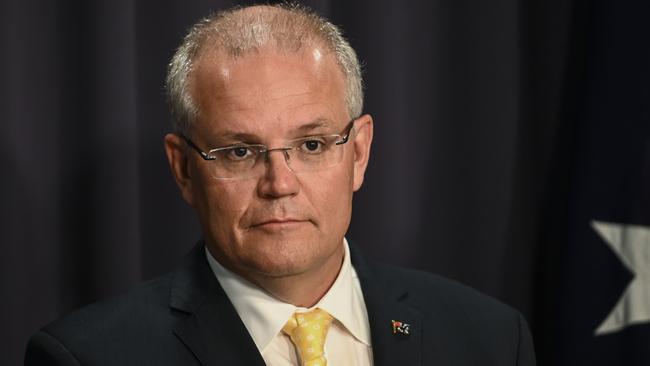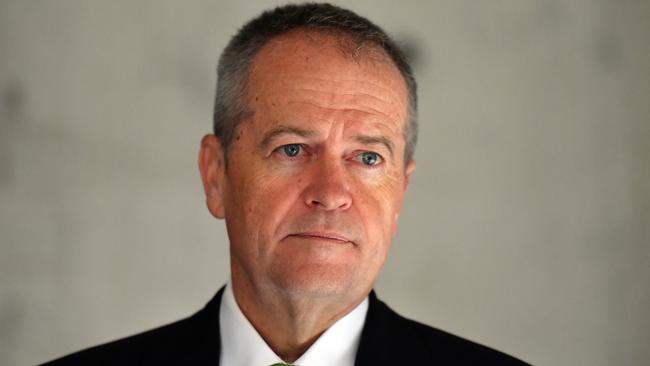Our shameful domestic violence blind spot
Recent funding announcements are sorely needed and very welcome, but if we want to see real change, we need to focus our efforts on those being left behind, ignored or in some cases forgotten, writes Astrid Perry.

Rendezview
Don't miss out on the headlines from Rendezview. Followed categories will be added to My News.
Domestic violence doesn’t discriminate based on age, race or socio-economic status.
Why then do we not do a better job to ensure all women — regardless of age, race or socio-economic status ― can access support when they need it the most?
The past week has seen a flurry of funding pledges from the Morrison government, the federal opposition and NSW Labor to curb violence against women.
While these are a step in the right direction, there has been little acknowledgment of the unique needs of refugee and migrant women, until this morning’s Federal Government announcement that culturally and linguistically diverse communities would be among the vulnerable groups targeted with prevention initiatives.
RELATED: When will we wake up to domestic violence statistics?
The funding announcements highlight what we have known for some time: that family and domestic violence is a growing concern in Australia. While there’s no evidence to suggest domestic and family violence is more prominent in culturally diverse communities, what research does show us is that refugee and migrant women are much less likely to seek help than their peers.
Before refugee and migrant women even set foot in a shelter, they have had to leap over hurdles like a lack of knowledge about their rights, fear of deportation and removal of children, lack of English language skills, or shame and the need to maintain family honour.

As the Strategic Policy Manager at community organisation Settlement Services International, I work with many women and families who often highlight situations that turn them away from seeking support. While the support required can be complex in nature, sometimes it is simply providing them with easy access to quality interpreter services.
We recently came across a woman who had in the past been a victim of family and domestic violence. At the time, the woman didn’t have an adequate understanding of the English language and was left confused about the legal process that followed. She feared the consequences of reporting subsequent action and so rejected offers of help ― instead, remaining in an unsafe situation at home.
RELATED: The secret way phone apps enable domestic violence
At a state level, NSW has very limited targeted domestic and family violence services that focus on migrant and refugee women. Other states, such as Victoria, have explicit funding for services working with culturally and linguistically diverse communities. There is a pressing need for a dedicated service in NSW that helps women who are new to Australia safely escape domestic and family violence.
The situation is even more dire when women are on temporary visas. Often, these women have little or no access to income and are not eligible for welfare payments or other government-funded support. Recent research highlights cases where women have had no other option than to return to men who have raped and physically assaulted them.

So what’s the solution? There’s no panacea to this complex problem, but we’re encouraged to see initiatives such as the Morrison government’s proposed ‘Prevention Hubs’ for community education and support programs that aim to stop violence happening in the first place — provided there is an explicit focus on migrant and refugee women as part of their forward plan.
Based on what we’re seeing at the frontline, there are some things that would make a big difference in the lives of these women:
Funding for dedicated services to support the needs of women from culturally and linguistically diverse communities.
RELATED: How to stop domestic violence before it even begins
Tailored prevention and early intervention services to educate and support newcomers to understand domestic and family violence in an Australian context.
Initiatives to ensure key services such as police and shelters are equipped to understand and respond to the needs of migrant and refugee women.
More access to immigration advice and application services to assist women in domestic violence situations.
At its heart, domestic violence is about power and control; it has little to do with culture. So we must ensure that women from all backgrounds can access support when they are at their most vulnerable.
Astrid Perry is the strategic policy manager for Settlement Services International
Originally published as Our shameful domestic violence blind spot


